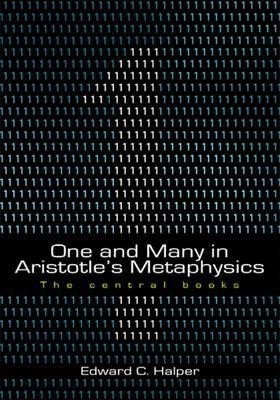Google Books previews are unavailable because you have chosen to turn off third party cookies for enhanced content. Visit our cookies page to review your cookie settings.
One and Many in Aristotles Metaphysics: (Hardback)
The Central Books
Imprint: Parmenides Publishing
Pages: 374
ISBN: 9781930972056
Published: 31st January 2006
Script Academic & Professional
Pages: 374
ISBN: 9781930972056
Published: 31st January 2006
Script Academic & Professional
You'll be £5.95 closer to your next £10.00 credit when you purchase One and Many in Aristotles Metaphysics:. What's this?
+£4.99 UK Delivery or free UK delivery if order is over £40
(click here for international delivery rates)
Order within the next 5 hours, 15 minutes to get your order processed the next working day!
Need a currency converter? Check XE.com for live rates
(click here for international delivery rates)
Order within the next 5 hours, 15 minutes to get your order processed the next working day!
Need a currency converter? Check XE.com for live rates









